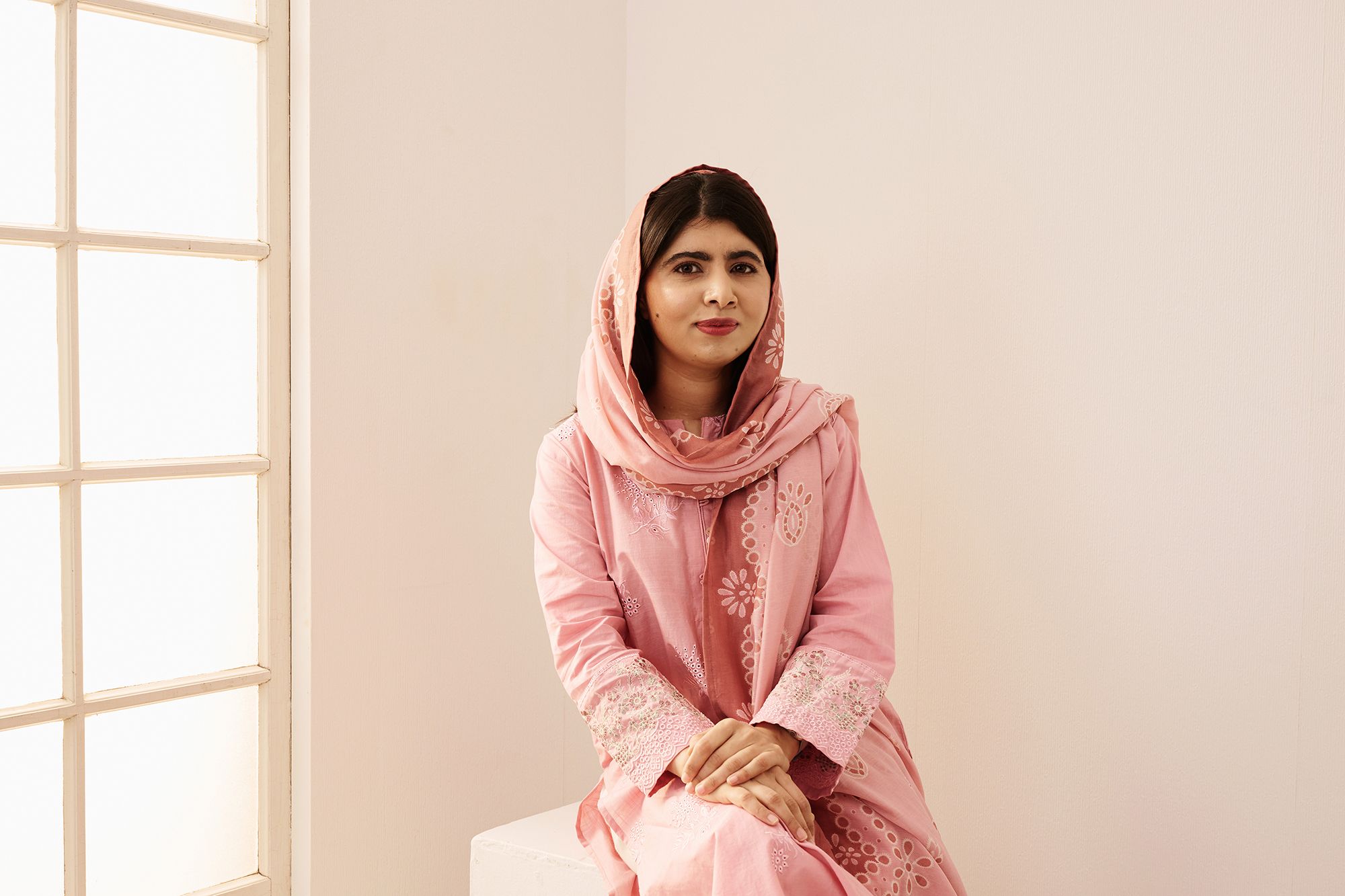Childhood Under Threat and the Courage to Speak Out
Born in the Swat Valley of Pakistan, Malala grew up in a region where girls’ access to education was severely restricted by extremist groups. Yet from a very young age, she began speaking openly about the importance of school for girls, becoming a symbol of resistance. At just 11 years old, she started writing an anonymous blog for the BBC, describing life under Taliban rule and the struggle for girls’ education.
The Attack and Becoming a Global Symbol
In 2012, after continuing to publicly campaign for girls’ education, Malala was the target of a brutal assassination attempt — she was shot in the head by Taliban militants. Miraculously, she survived. After a difficult recovery, Malala transformed into an international figurehead for children’s rights. Her story drew global attention to the plight of orphans and vulnerable children living in conflict zones.
The Malala Fund: Supporting Orphans and Vulnerable Children
In 2013, Malala founded the Malala Fund, an organization dedicated to advocating for girls’ education worldwide. The Fund supports programs that provide safe learning environments and quality education, especially for children affected by war, displacement, and poverty — many of whom are orphans or live in fragile situations.
Malala Fund initiatives focus on breaking down barriers that keep girls out of school, such as child marriage, gender discrimination, and lack of access to basic sanitation. The Fund also advocates for governments and global leaders to prioritize education funding and child protection, ensuring that the most vulnerable children receive the support they need.
Empowering Girls to Build Their Future
Malala consistently emphasizes that educating girls is not only a fundamental human right but also a critical factor in breaking cycles of poverty and inequality. Through her work, she encourages girls to raise their voices, pursue their dreams, and become leaders in their communities.
She often highlights the special challenges faced by orphaned girls, who may lack family support and face increased risks of exploitation and neglect. Malala’s advocacy calls for targeted interventions to protect these children and give them equal opportunities for success.
A Global Voice for Hope and Change
Malala has spoken at the United Nations, met with world leaders, and inspired millions to believe in the power of education to transform lives. Awarded the Nobel Peace Prize at just 17 years old, she remains one of the youngest and most influential advocates for children’s rights.
Her unwavering commitment to vulnerable children, especially orphans and girls in conflict zones, continues to inspire action around the world. Malala’s journey reminds us that even in the face of great adversity, one brave voice can ignite global change.



